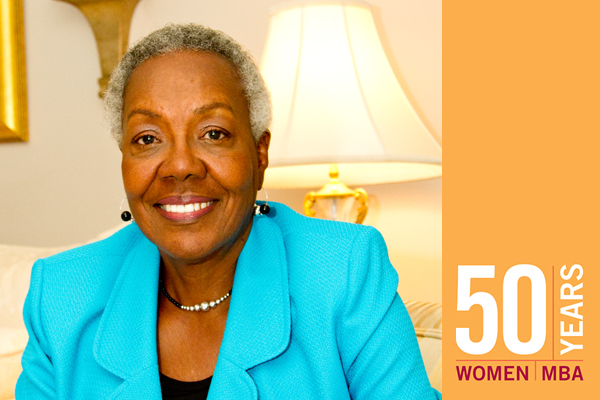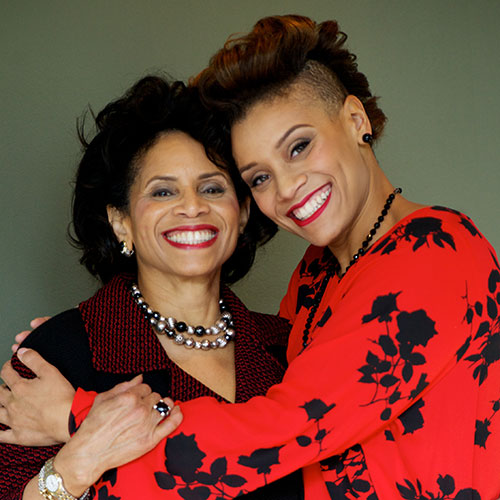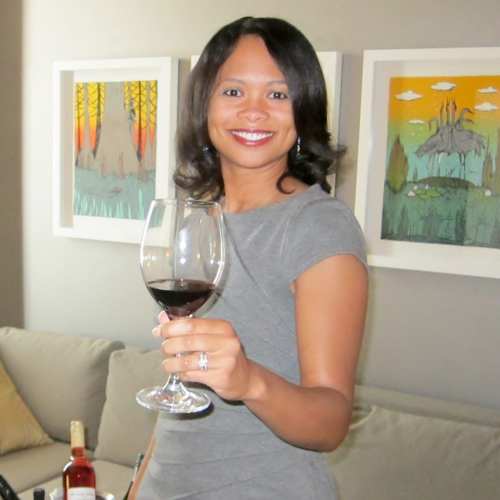
Lillian Lincoln Lambert
Biography
Lillian Lincoln Lambert lives by the aphorism, “Success is a journey, not a destination.”
Born on a farm in the segregated South, Lambert sensed that a better life awaited her. At the age of 18, she journeyed to New York City and Washington, DC, to seek her fortune. After enduring menial jobs as a maid and typist, she came to the realization that education would be her ticket to a new world.
What impact did HBS have on your life and the life of others?
When I arrived at the Radcliffe College graduate dormitory in 1967 (women were not allowed to live at HBS), my first thought was, “Why am I here?”
As I pondered that question, visions of going home were uppermost in my mind. Upon reflection, they quickly vanished as I considered my journey to HBS and all the people, including me, who would be disappointed. Imagine the possibility of other blacks gaining admission had I quit! Everyone was excited about my admission to such a prestigious institution, although neither my family nor my friends knew I would be the first black woman to receive and MBA from Harvard University.
In hindsight, it was best that I did not know. Had I known, I’m not sure I would have gone. It was a tumultuous time for the country. This was the era of the civil rights and women’s rights movements. Martin Luther King would be assassinated the following spring. Protests against the Vietnam War and college sit-ins were common, and President Lyndon B. Johnson’s decision to not seek reelection stunned the world.
My HBS experience took every ounce of my strength. I had never been exposed to an environment like it. The workload alone was enough to deter students. Some dropped out. I was 1 of 35 women, and 1 of 9 blacks in a student body of approximately 1,600. I can’t say I faced overt racism or sexism—it was more a feeling of being invisible. I didn’t feel as if I belonged. I was intimidated by the requirement to participate in class, and most of the final grade depended on it. Class discussions were usually dominated by very aggressive men. As an introvert, it was difficult for me. Some male students expressed the feeling that women should not be taking a seat intended for a man.
Saying that it was a very lonely two years is an understatement. Social life was almost nonexistent, and I was hesitant to venture outside the perimeter of HBS or Harvard Square. Finding simple necessities of life, such as a beautician (one familiar with the hair of black women), or a church in which I felt comfortable, was very difficult. I didn’t know where to find other blacks with whom to socialize, and I didn’t have the confidence to share my feelings or experiences with others. There were no black or female faculty. Meanwhile, living at Radcliffe and having to walk to and from the HBS campus made the winters seem even colder.
In the end, however, it proved that no obstacle is insurmountable. In fact, I learned to use obstacles as stepping stones to higher levels of achievement. My involvement in the formation of AASU was evidence that one does not have to accept the status quo provided there is a willingness to take risks.
The impact of my graduation on students, alumni, and the public was not even imaginable. When sharing my story, people tell me it inspires them when they had given up or had loss hope. That feedback is the reason I continue to share this experience through my career as a speaker. If I can inspire just one person, the journey was worthwhile.

